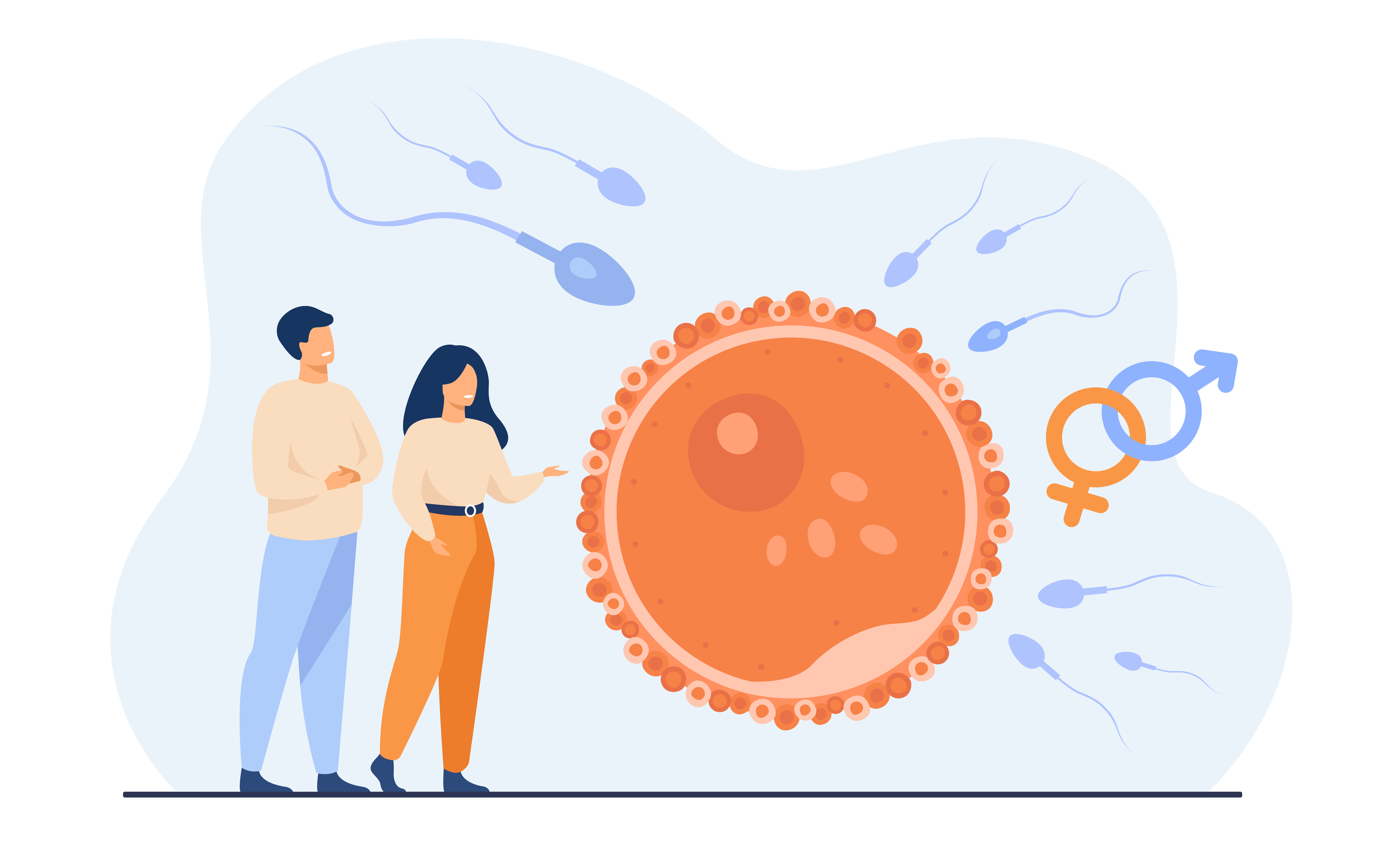What is Chemical Pregnancy
A chemical pregnancy happens when an egg is fertilised but does not fully implant in the uterus, resulting in an early miscarriage. Before the fifth week, the pregnancy is lost. Chemical Pregnancy (also known as biochemical pregnancies) are quite frequent.
Furthermore, according to research, up to one in four pregnancies are lost before a woman misses her period or has pregnancy symptoms – these are known as chemical pregnancies.
A positive result on a blood or urine test that measures the presence of a hormone to detect a pregnancy is referred to as a “chemical pregnancy.” Because the loss is so early, many women who have a chemical pregnancy are unaware they are pregnant; they might not have taken a pregnancy test, had any pregnancy symptoms, or even missed a period.

Chemical Pregnancy: Causes and Risk Factors
Chemical pregnancies, like most miscarriages, are caused by chromosomal abnormalities that prevent the foetus from developing normally. Damage to the embryo during the freezing procedure may result in a chemical pregnancy in an aided pregnancy using frozen embryos; as many as 25% of pregnancies arising from in vitro fertilisation (IVF) result in a chemical pregnancy.
Other factors to consider are:
- A uterine lining that is inadequate (too thin).
- A issue with the sperm’s DNA
- Hormone deficiency
- Infections
- Pregnancy while wearing an IUD
Meanwhile, certain factors can enhance a woman’s chances of having a chemical pregnancy.
- Being 35 or older,
- having an untreated clotting issue or
- thyroid condition, or
- having another chronic medical condition that is poorly controlled, such as diabetes, are all examples.
Chemical Pregnancy Signs and Symptoms
Some women may be unaware that they are pregnant since a chemical pregnancy begins so soon after conception. Those who are aware that they are pregnant or suspect that they have had a chemical pregnancy may exhibit the following signs and symptoms:
- A delayed period
- Heavy period-like bleeding, maybe accompanied by clots
- Cramps that are similar to menstrual cramps
A urine test or blood test to evaluate the level of hCG in your body can confirm that you had a chemical pregnancy.
How can Chemical pregnancy be diagnosed?
A woman may take a home pregnancy test and get a positive result, only to have a late menstruation or realise there is no pregnancy after taking a pregnancy test at the doctor’s office.
A urine or blood test to detect the level of hCG in your body can confirm that you had a chemical pregnancy. In certain cases, women may be unaware that they are pregnant; they may believe their period is just late.
Chemical Pregnancy Treatment and Medication Options
Early pregnancy losses don’t usually require treatment, but if you suspect you’ve had one, inform your doctor. If you have a medical problem that may have contributed to a chemical pregnancy, getting it treated can help you enhance your chances of conceiving a healthy baby in the future. If your menstrual cycle returns to normal, you can try to conceive again whenever you’re ready.



